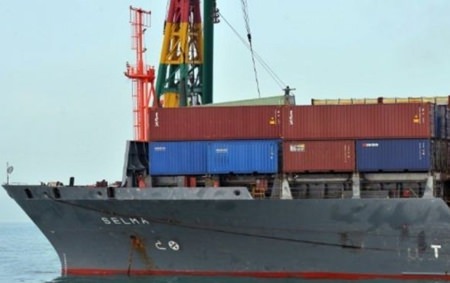Thailand’s exports will end with grim results this year with only 1 percent growth, the Thai National Shippers’ Council (TNSC) announced last week.
TNSC president Nopporn Thepsitha said the unclear US fiscal policies on economic stimulus and debt ceiling and currency volatility which led to diminishing orders for Thai products played vital roles in the disappointing exports.
Thailand’s export value in the last three months of this year will amount to US$20 billion – lower than the latest estimate in August for a 2.5 percent growth, he said.

He added that export value in the first nine months this year was US$172.1 billion, representing a growth at only 0.05 percent, and the export ratio to the US, Europe and Japan has continued to decline.
Compared to other Southeast Asian countries in the first three quarters, Thai export growth was better than Malaysia, Indonesia and Singapore, all of which suffered deficits of 5.36 percent, 4.96 percent and 1.35 percent respectively.
Nopporn was optimistic that Thailand’s exports would expand 5-7 percent next year thanks to strengthened economies among significant trading partners including the US, Europe and Japan.
He expressed concern that the current political tension would affect Thailand’s export capability since the government has concentrated more in trying to solve political problems rather than the country’s long-term economic policy.
Wallop Vittanakarn, TNSC vice president, said internal political conflicts would not have an impact on this year’s exports but they could jeopardize next year’s performance as political rallies naturally affect investment and logistic costs.
Protesters should not block roads, but the government must take immediate action, he said.
He said obsolete regulations which obstructed international trade and transportation should be revised quickly for strengthened and sustainable export growth.
In the long run, the public sector must adjust the export structure to cope with global market volatility and the government should set an export strategy to enable public and private sectors to work closely together and encourage exporters to invest overseas, he said.
Thailand’s agricultural and industrial agricultural standards should be improved together with the logistic system, he concluded.




